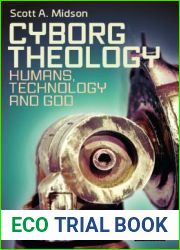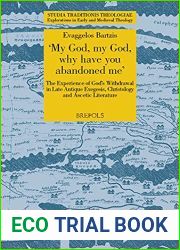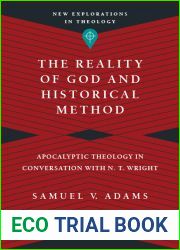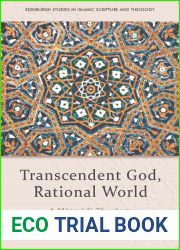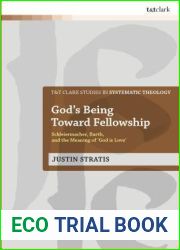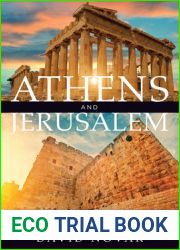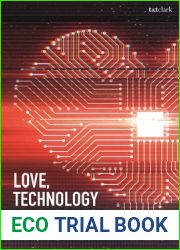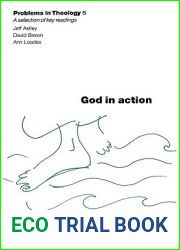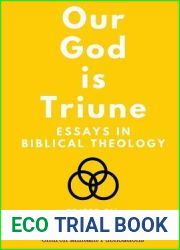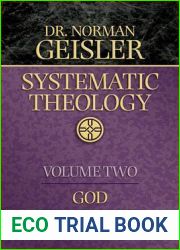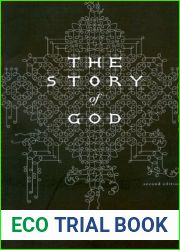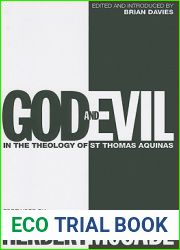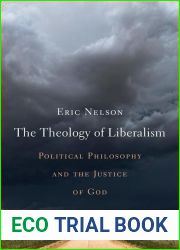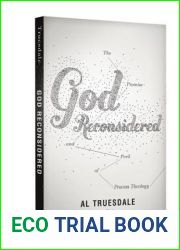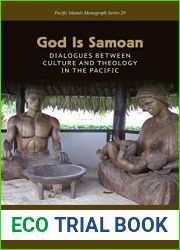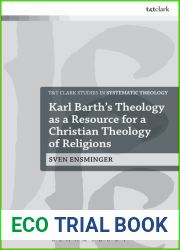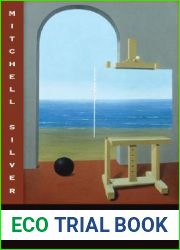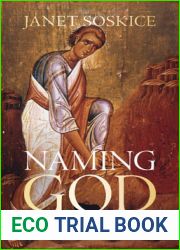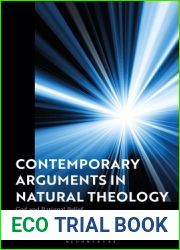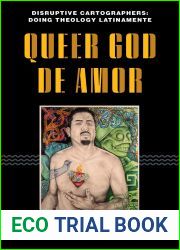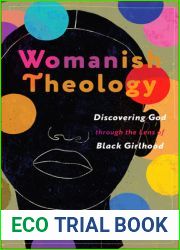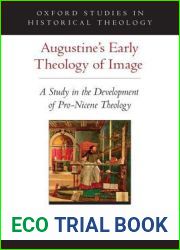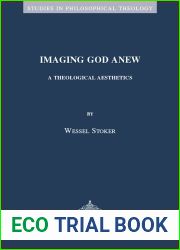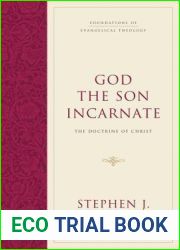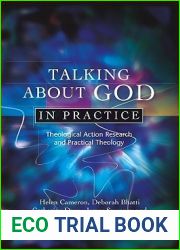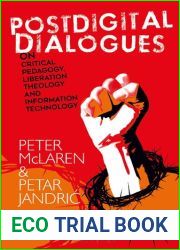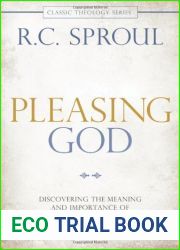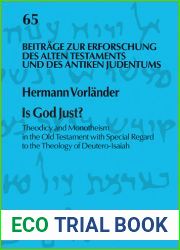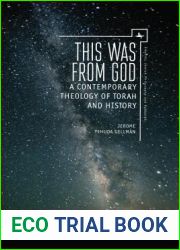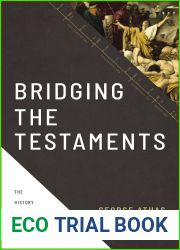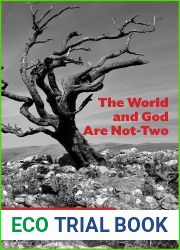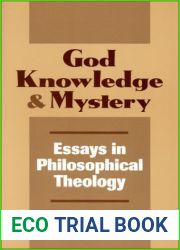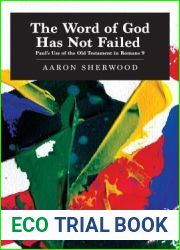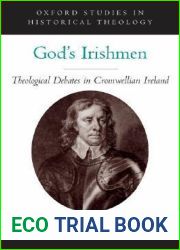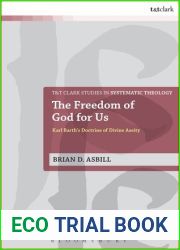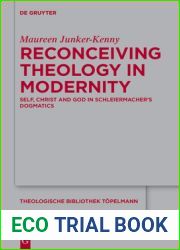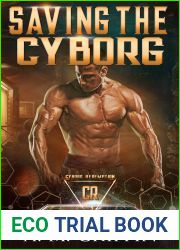
BOOKS - Cyborg Theology: Humans, Technology and God (Library of Modern Religion)

Cyborg Theology: Humans, Technology and God (Library of Modern Religion)
Author: Scott A Midson
Year: December 30, 2017
Format: PDF
File size: PDF 1.4 MB
Language: English

Year: December 30, 2017
Format: PDF
File size: PDF 1.4 MB
Language: English

The Plot of Cyborg Theology: Humans, Technology, and God In this groundbreaking book, Scott Midson challenges traditional religious beliefs and offers a fresh perspective on the relationship between humans, technology, and God. Drawing on Donna Haraway's "cyborg manifesto Midson argues that people have become cyborgs, blurring the lines between humans and machines, and that this evolution can be a source of hope and redemption for humanity. The book begins by exploring the concept of the cyborg, a being that combines human and machine elements, and how it has influenced popular culture, from science fiction films like the Terminator series to the Borg in Star Trek. However, despite its impact on critical theory and cultural studies, the cyborg idea has had little influence in theology. Midson seeks to change this by using an imaginative reading of the Eden myth to show how humans can coexist with nature, even as they embrace new technologies. According to Midson, the traditional view of anthropocentrism, which places humans at the center of creation, is damaging to both humans and the natural world. He argues that this view has led to the degradation of the environment and the marginalization of non-human entities. By embracing the cyborg concept, Midson suggests that humans can move beyond this limited perspective and find a new way of understanding their place in the world.
The Plot of Cyborg Theology: Humans, Technology, and God В этой новаторской книге Скотт Мидсон бросает вызов традиционным религиозным верованиям и предлагает свежий взгляд на отношения между людьми, технологиями и Богом. Опираясь на «киборгский манифест» Донны Харауэй Мидсон утверждает, что люди стали киборгами, стирая границы между людьми и машинами, и что эта эволюция может стать источником надежды и искупления для человечества. Книга начинается с изучения концепции киборга, существа, которое сочетает в себе человеческие и машинные элементы, и того, как оно повлияло на популярную культуру, от научно-фантастических фильмов, таких как серия «Терминатор», до борг в «Звёздном пути». Однако, несмотря на своё влияние на критическую теорию и культурологию, идея киборга оказала незначительное влияние в теологии. Мидсон стремится изменить это, используя образное прочтение Эдемского мифа, чтобы показать, как люди могут сосуществовать с природой, даже если они используют новые технологии. По мнению Мидсона, традиционный взгляд на антропоцентризм, ставящий людей в центр творения, наносит ущерб как людям, так и миру природы. Он утверждает, что эта точка зрения привела к деградации окружающей среды и маргинализации нечеловеческих образований. Приняв концепцию киборга, Мидсон предполагает, что люди могут выйти за пределы этой ограниченной перспективы и найти новый способ понимания своего места в мире.
The Plot of Cyborg Theology : Humans, Technology, and God Dans ce livre novateur, Scott Midson défie les croyances religieuses traditionnelles et offre un regard nouveau sur les relations entre les gens, la technologie et Dieu. S'appuyant sur le « manifeste de cyborg » de Donna Haraway, Midson affirme que les humains sont devenus des cyborgs, effaçant les frontières entre les humains et les machines, et que cette évolution peut devenir une source d'espoir et de rédemption pour l'humanité. livre commence par étudier le concept de cyborg, un être qui combine des éléments humains et des éléments de machine, et comment il a influencé la culture populaire, des films de science-fiction comme la série Terminator, aux borgs dans Star Trek. Cependant, malgré son influence sur la théorie critique et les études culturelles, l'idée du cyborg a eu peu d'influence en théologie. Midson cherche à changer cela en utilisant une lecture figurative du mythe d'Eden pour montrer comment les gens peuvent coexister avec la nature, même s'ils utilisent de nouvelles technologies. Selon Midson, la vision traditionnelle de l'anthropocentrisme, qui place les gens au centre de la création, nuit à la fois aux hommes et au monde de la nature. Il affirme que ce point de vue a conduit à la dégradation de l'environnement et à la marginalisation des entités non humaines. En adoptant le concept de cyborg, Midson suggère que les gens peuvent aller au-delà de cette perspective limitée et trouver une nouvelle façon de comprendre leur place dans le monde.
The Plot of Cyborg Theology: Humans, Technology, and God En este libro pionero, Scott Midson desafía las creencias religiosas tradicionales y ofrece una visión fresca de las relaciones entre las personas, la tecnología y Dios. Apoyándose en el «manifiesto cyborg» de Donna Haraway, Midson afirma que los humanos se han convertido en cyborgs, borrando las fronteras entre humanos y máquinas, y que esta evolución puede convertirse en una fuente de esperanza y redención para la humanidad. libro comienza estudiando el concepto de cyborg, un ser que combina elementos humanos y de máquina, y cómo ha influido en la cultura popular, desde películas de ciencia ficción como la serie Terminator, hasta borg en Star Trek. n embargo, a pesar de su influencia en la teoría crítica y la cultura, la idea del cyborg tuvo poca influencia en la teología. Midson busca cambiar esto usando una lectura imaginativa del mito del Edén para mostrar cómo los humanos pueden coexistir con la naturaleza, incluso si utilizan las nuevas tecnologías. Según Midson, la visión tradicional del antropocentrismo que coloca a los seres humanos en el centro de la creación es perjudicial tanto para los seres humanos como para el mundo de la naturaleza. Sostiene que este punto de vista ha llevado a la degradación del medio ambiente y a la marginación de las entidades no humanas. Al adoptar el concepto de cyborg, Midson sugiere que la gente puede ir más allá de esta perspectiva limitada y encontrar una nueva manera de entender su lugar en el mundo.
The Plot of Cyborg Theology: Humans, Technology, and God In questo libro innovativo Scott Midson sfida le tradizionali credenze religiose e offre una visione fresca delle relazioni tra gli uomini, la tecnologia e Dio. Basandosi sul «manifesto cyborg» di Donna Haraway Midson sostiene che gli esseri umani sono diventati cyborg per cancellare i confini tra uomini e macchine, e che questa evoluzione può essere fonte di speranza e redenzione per l'umanità. Il libro inizia studiando il concetto di cyborg, una creatura che combina elementi umani e macchinari, e come ha influenzato la cultura popolare, dai film di fantascienza come Terminator, ai borg di Star Trek. Tuttavia, nonostante la sua influenza sulla teoria critica e sulla cultura, l'idea del cyborg ha avuto poca influenza nella teologia. Midson cerca di cambiarlo usando una lettura figurativa del mito di Eden per dimostrare come le persone possono coesistere con la natura, anche se utilizzano nuove tecnologie. Secondo Midson, la visione tradizionale dell'antropocentrismo, che pone gli esseri umani al centro della creazione, danneggia sia l'uomo che il mondo della natura. Sostiene che questo punto di vista abbia portato al degrado ambientale e all'emarginazione delle formazioni non umane. Adottando il concetto di cyborg, Midson suggerisce che le persone possono andare oltre questa prospettiva limitata e trovare un nuovo modo per capire il loro posto nel mondo.
The Plot of Cyborg Theology: Humans, Technology, and God In diesem bahnbrechenden Buch stellt Scott Midson traditionelle religiöse Überzeugungen in Frage und bietet eine neue Perspektive auf die Beziehung zwischen Menschen, Technologie und Gott. Basierend auf Donna Haraways „Cyborg-Manifest“ argumentiert Midson, dass Menschen zu Cyborgs geworden sind, die die Grenzen zwischen Menschen und Maschinen verwischen, und dass diese Entwicklung eine Quelle der Hoffnung und Erlösung für die Menschheit sein kann. Das Buch beginnt mit der Untersuchung des Konzepts des Cyborg, eines Wesens, das menschliche und maschinelle Elemente kombiniert, und wie es die Populärkultur beeinflusst hat, von Science-Fiction-Filmen wie der Terminator-Serie bis zu den Borg in Star Trek. Trotz seines Einflusses auf die kritische Theorie und die Kulturwissenschaften hatte die Idee des Cyborg jedoch wenig Einfluss in der Theologie. Midson versucht, dies zu ändern, indem er eine fantasievolle sart des Eden-Mythos verwendet, um zu zeigen, wie Menschen mit der Natur koexistieren können, auch wenn sie neue Technologien verwenden. Laut Midson ist die traditionelle cht des Anthropozentrismus, der den Menschen in den Mittelpunkt der Schöpfung stellt, sowohl für den Menschen als auch für die natürliche Welt schädlich. Er argumentiert, dass diese chtweise zur Umweltzerstörung und Marginalisierung nichtmenschlicher Gebilde geführt habe. Durch die Übernahme des Cyborg-Konzepts schlägt Midson vor, dass Menschen über diese begrenzte Perspektive hinausgehen und einen neuen Weg finden können, ihren Platz in der Welt zu verstehen.
''
Cyborg Teolojisinin Konusu: İnsanlar, Teknoloji ve Tanrı Bu çığır açan kitapta Scott Midson, geleneksel dini inançlara meydan okuyor ve insanlar, teknoloji ve Tanrı arasındaki ilişkiye taze bir bakış açısı sunuyor. Donna Haraway'in "cyborg manifestosu'na dayanarak Midson, insanların sayborg haline geldiğini, insanlar ve makineler arasındaki çizgileri bulanıklaştırdığını ve bu evrimin insanlık için bir umut ve kurtuluş kaynağı olabileceğini savunuyor. Kitap, insan ve makine unsurlarını birleştiren bir yaratık olan cyborg kavramını ve Terminatör serisi gibi bilim kurgu filmlerinden Star Trek'teki Borg'a kadar popüler kültürü nasıl etkilediğini araştırarak başlıyor. Bununla birlikte, eleştirel teori ve kültürel çalışmalar üzerindeki etkisine rağmen, bir cyborg fikrinin teolojide çok az etkisi vardı. Midson, insanların yeni teknolojiler kullansalar bile doğayla nasıl bir arada var olabileceğini göstermek için Eden mitinin figüratif bir okumasını kullanarak bunu değiştirmeye çalışıyor. Midson için, insanları yaratılışın merkezine koyan geleneksel antroposentrizm görüşü hem insanlara hem de doğal dünyaya zarar veriyor. Bu görüşün çevresel bozulmaya ve insan dışı varlıkların marjinalleşmesine yol açtığını savunuyor. Midson, bir cyborg kavramını benimseyerek, insanların bu sınırlı bakış açısının ötesine geçebileceğini ve dünyadaki yerlerini anlamak için yeni bir yol bulabileceğini öne sürüyor.
مؤامرة لاهوت سايبورغ: البشر والتكنولوجيا والله في هذا الكتاب الرائد، يتحدى سكوت ميدسون المعتقدات الدينية التقليدية ويقدم منظورًا جديدًا للعلاقة بين الناس والتكنولوجيا والله. بالاعتماد على «بيان سايبورغ» لدونا هارواي، يجادل ميدسون بأن البشر أصبحوا سايبورغ، مما أدى إلى طمس الخطوط الفاصلة بين البشر والآلات، وأن هذا التطور يمكن أن يكون مصدر أمل وخلاص للبشرية. يبدأ الكتاب باستكشاف مفهوم السايبورغ، وهو مخلوق يجمع بين العناصر البشرية والآلية، وكيف أثر على الثقافة الشعبية، من أفلام الخيال العلمي مثل سلسلة Terminator إلى Borg في Star Trek. ومع ذلك، على الرغم من تأثيرها على النظرية النقدية والدراسات الثقافية، كان لفكرة سايبورغ تأثير ضئيل في اللاهوت. يسعى ميدسون إلى تغيير هذا باستخدام قراءة مجازية لأسطورة عدن لإظهار كيف يمكن للبشر التعايش مع الطبيعة، حتى لو استخدموا تقنيات جديدة. بالنسبة لميدسون، فإن النظرة التقليدية إلى مركزية الإنسان التي تضع البشر في مركز الخلق تضر بالبشر والعالم الطبيعي. ويدفع بأن هذا الرأي أدى إلى تدهور البيئة وتهميش الكيانات غير البشرية. من خلال تبني مفهوم سايبورغ، يقترح ميدسون أن البشر يمكنهم تجاوز هذا المنظور المحدود وإيجاد طريقة جديدة لفهم مكانهم في العالم.







